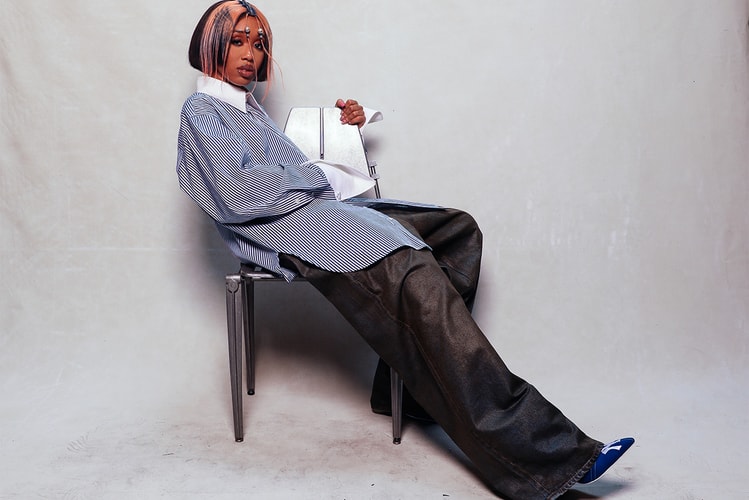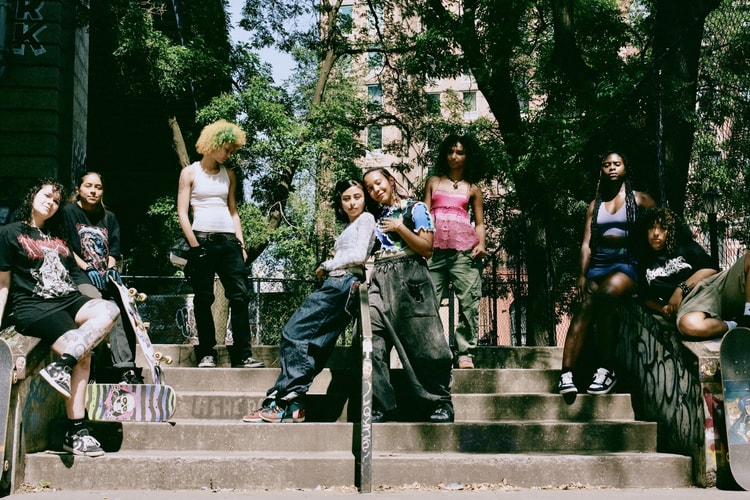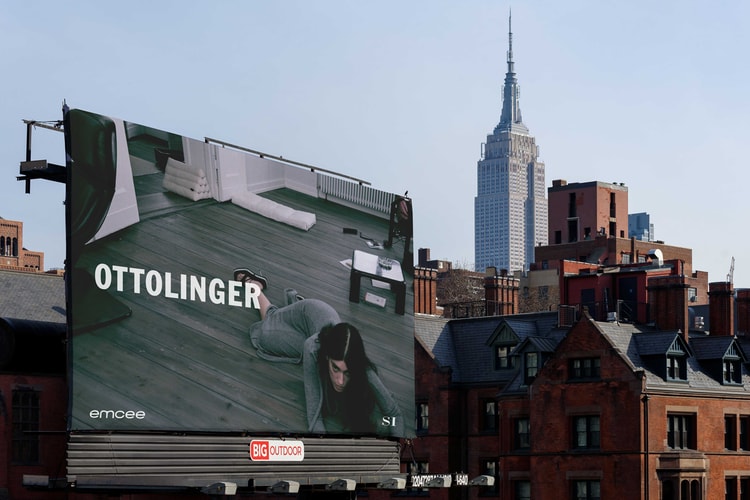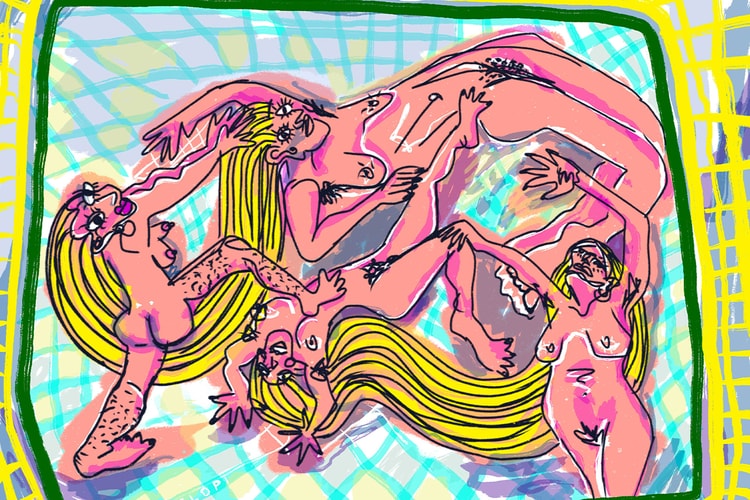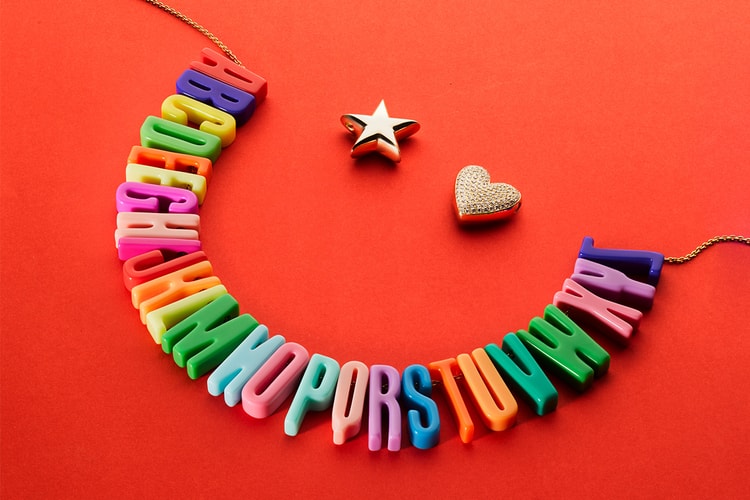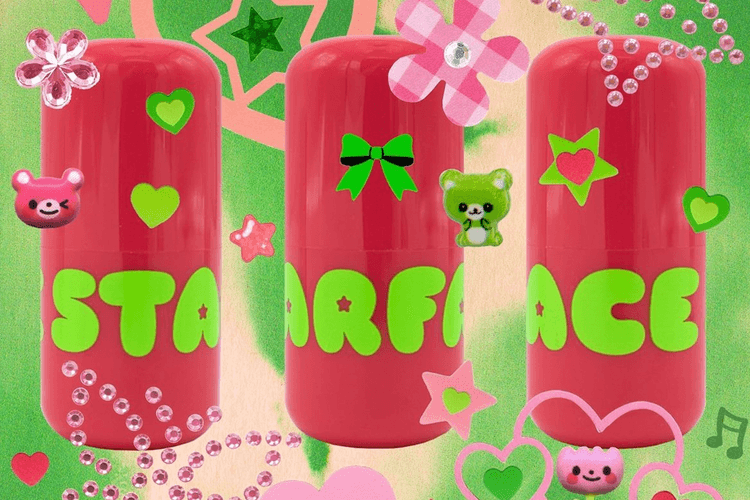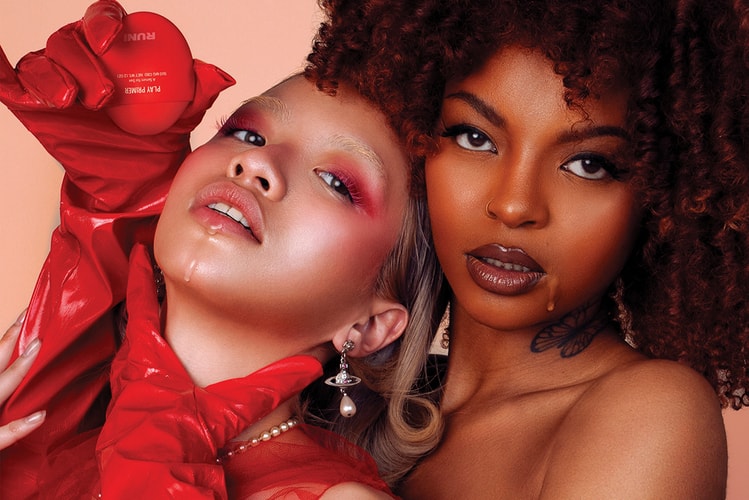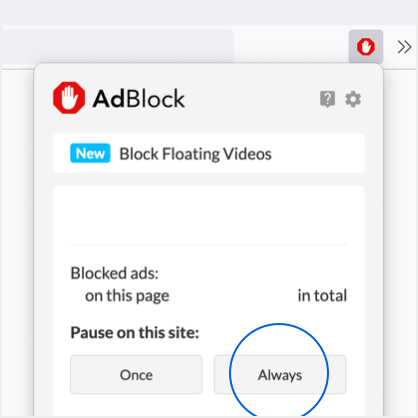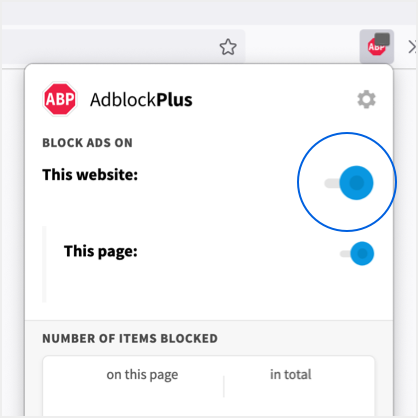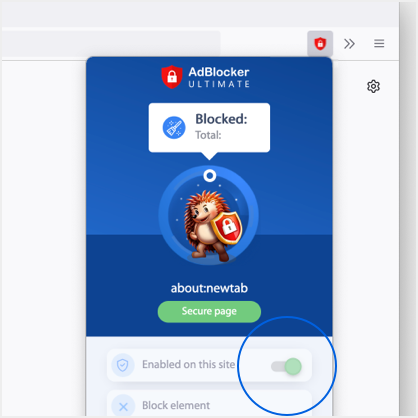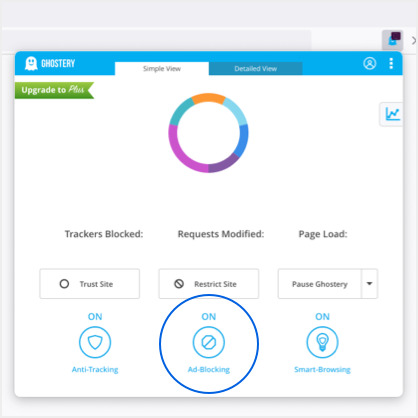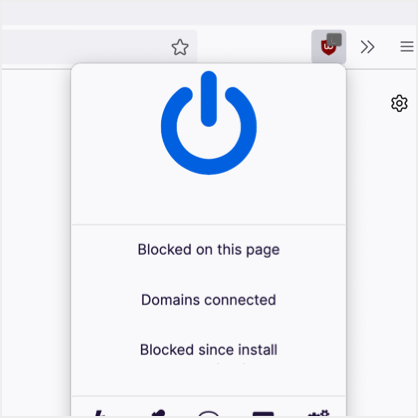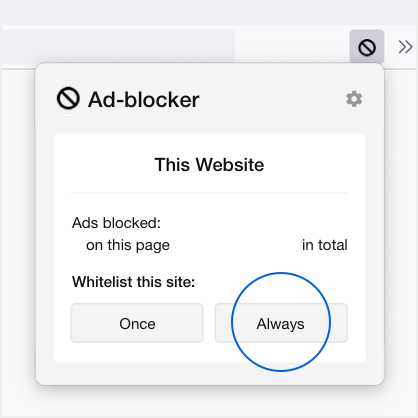Rae Sada on Artist Advocacy and Inclusivity in the Music Industry
Working in Artist Partnerships at Roc Nation, the versatile creative wants to foster an environment where musicians are free to be their truest selves.
Rae Sada has always been unapologetic about who she is, taking on multiple creative endeavors throughout her career and interpreting them through her own lens. Growing up in New York, she was always drawn to individuals who marched to the beat of their own drum — which makes sense, because it takes one to know one.
Though Sada has dipped into the modeling and DJing spaces, her first true love was music. However, after diving into a career in the music business, she realized that there were still large strides to make regarding accessibility and artist advocacy. That’s where roles like Sada’s come in. Working in Artist Partnerships at Roc Nation, she helps to foster a more welcoming and inclusive industry for passionate artists.
As the music industry continues to evolve in real-time, Hypebae sits down with the creative to discuss her path in the music world, current industry trends and more.
Your career started as a model and DJ — tell us about how you found yourself in creative roles and what lessons you learned from your early career.
I’ve always had a love for the arts, whether that’s visual arts or music. I went to NYU and a lot of my friends were either songwriters, musicians, or managers. I always felt most natural and most like myself around creatives. And I always loved music so it made sense for me to go into the music industry. Early in my career, I worked in A&R for Warner Records. I was always in and out of music venues and underground clubs in New York, finding new artists. That’s how I got started in DJing too. Modeling kind of came just as a side hustle while I was trying to figure out how to make money in the music industry.
What I learned as I grew up in this industry is that it’s a male-dominated world. It’s always been a boys club. So navigating that has been interesting. But what I would take away now, or what I would tell someone who was starting out in music, is to be very unapologetic about what they want to do in the industry. For a long time, I felt like I had to pigeonhole myself. Looking back, I wish I would’ve stood 10 toes down on what I really wanted.
Where did your early love for music come from?
Ever since I can remember, I’ve had such an intense love for music. So much so that it’s honestly hard to even vocalize or articulate. It’s more of a feeling than anything. I grew up playing instruments — playing piano and always listening to music. I’m a Pisces, so I’m very introspective. I’m a dreamer. I live in my own world. And music was the only thing that really got me out of my head and into someone else’s. Hearing other people’s lyrics and resonating with them is what kept me sane. I would say music got me through some of the hardest times in my life. And from a very young age, I felt like it saved my life in a way. I always knew I was different. I didn’t know I was gay as a child. But I always knew I felt different and I resonated with artists who also stood out in their own ways. Now I look back and I understand why. These people weren’t scared to be themselves or to say what they wanted to say. And I always found that really admirable.
It’s really a unique experience engaging in creative mediums that are centered around self-expression — they can help you to better understand certain parts of yourself.
I’ve always had such a profound appreciation for artists and what they do. They get in a room and create something out of nothing. And then some of those songs transcend their lifetimes, and you hear them 20 years later and it brings you right back to where you were when you first heard it. I think that’s the true magic that comes from music, is being able to transport yourself just by hearing a certain song. I don’t know any other medium that does that for me.
Your identity weaves itself into all of your endeavors. How would you characterize your personal identity and how has it shaped your career path and perspective as a creative?
The main thing that makes me, me is that I’m unapologetic. I’m unapologetic, but in a way where it’s like I’m unapologetic about myself and what I stand for. I never wanted to settle for something that I wasn’t. I never cared to fit in. I never cared to dress like other people and growing up, I kind of rebelled against everything that was ‘mainstream.’ So as far as my identity goes, I’ve really grown into this part of myself that truly accepts me for me. I know where my strong suit lies. And that’s working with visionaries, working with artists, working with musicians, and helping them bring their vision to life and helping them connect the dots and bridge the gap between their craft and other brands and partnerships. And helping artists get their art out into a world in a way that they feel is authentic to them.
Your career also bridges the gap across the fashion and music industries. What draws you toward multidisciplinary roles where you get to work with diverse crowds and combine your interests?
One hundred percent. I’ve always been drawn to roles where I can bring in all of me. Music, visual art, fashion — they’re all different mediums, but they’re all art. It feels almost unnatural for us to separate them because, in my mind, they all go together in such an extreme way. Hip hop, for example, Hip hop music comes with such cultural ties. I couldn’t imagine working in music without touching these other mediums of art. I grew up listening to Erykah Badu, Sade, and Lenny Kravitz — who all have their own sense of style and it translates into their music. I think now more than ever, we are seeing how much the visual representation of music is coming alive with more immersive live music venues, like The Sphere, for example.
That just goes to show the influence and the power that music can have beyond just the confines of the music industry. You now work within Artist Partnerships at Roc Nation. Tell us about this role and how you advocate for artists’ voices in your day to day.
My goal in my day-to-day at Roc Nation is to work with the artists on our roster to find natural connections and figure out what the artist’s natural affinities are. Whether that’s directed towards brands and helping them bridge that gap or specific collaborations. So for example, if an artist loves a certain designer, getting in touch with that team and figuring out, ‘How do we collaborate? How does that artist tell their story through the lens of this designer or this brand?’ It’s about helping bridge the gap between these seemingly separate industries, but doing so in a way that’s natural and organic for both the artist and the brand. I would never force a connection that doesn’t feel organic. So it really depends on what the artist has an affinity towards already.
Let’s say before they were a musician, they worked for DoorDash. This is a true story. One of our artists worked for DoorDash and in between delivering food, she would be writing her music in the car. That’s how she made her livelihood at the time. So she came to me saying, “I would love to collaborate with DoorDash.” Those are her humble beginnings and that’s real. So, to be able to give back and to help them come full circle means the world to me.
It’s amazing to be able to build those full-circle moments. Artists are not just one static thing and they’re not just their music.
They’re humans who have been through real-life experiences and have real affinities beyond just their music. And that’s the thing with brand partnerships or just music partnerships — there’s not a one-size-fits-all approach. It all depends on someone’s story. If there’s something or someone they’ve always wished to work with, we make these things happen.
It’s understood that the music industry has not always been super inclusive. What does true inclusivity within the music industry look or feel like to you?
Something that we’re seeing now more than ever is this fluidity of genres and not boxing artists in. For example, with Beyonce and her latest country album. We are humans and we have a range of experiences. Artists have a range of sounds, and boxing someone in as a Hip hop artist or an R&B artist, we’re seeing less and less of that because we’re realizing that there’s a gray area there. All of these labels that we put on music and artists are just so archaic. But my idea of how to be inclusive in these worlds is allowing for more experimental types of music and more artists that don’t “fit the mold.” Appreciating someone as an artist and what they stand for, I think is essential to widen access in this industry.
When do you feel most confident and most like yourself?
When I’m just being authentically me. Even how I dress myself or the question I get as a gay woman is, ‘Oh, are you more of the femme one? Are you more of the masculine one?’ And it’s like, I’m just me. I just dress how I feel comfortable and I act how I am, innately. Whether that’s seen as masculine or feminine, I don’t know. I don’t even think about that.
What does a Rae Sada signature outfit consist of?
I definitely have a uniform because it’s easy for me to since I was influenced so much by growing up in New York. The love of black in my wardrobe is the New York influence. I would attribute that to just being from here. I tend to lean towards wearing comfortable things; things that I could spend all day in. And being a ’90s baby, I just gravitate towards ’90s fashion and low-rise baggy jeans with Hanes men’s tank tops. I always wear yellow gold jewelry. And a good pair of Jordans because I walk everywhere.
Are there any current music industry trends that you can speak to right now?
Again, the trend with more immersive live shows is huge right now. And the incorporation of visual art into live performances. I think it’s just so brilliant. It’s a natural progression since we’ve progressed so far with technology that it’s like, why not put those two together? And then, of course, we see all of this music with AI generation. That scares me, I’m not gonna lie. To know that that didn’t come authentically from the person takes away what I thought I knew about songwriting or music. So that’s a trend that I’m definitely skeptical of. I would love to see songwriters and artists continuing to do their own thing and really signing off on whatever they put out into the world and not letting people use their name and likeness or voice in ways they wouldn’t be aligned with.
Even though I am on the business side, that’s why it’s so important for me to advocate for artists and artistry because a lot of people on this business side don’t understand that this is an art. The music industry, like any other business, is a business. So obviously the label wants to generate money, but it’s people’s jobs like mine to advocate for the artist.
Though your career has spanned many categories, the throughline is your passion for creativity and self-expression. What is your best advice for fostering welcoming communities within the creative field?
To me, it’s really about bringing people together who might not have connected otherwise. I love what I do because putting an artist in a room with a designer they might have never heard of and watching them hit it off is amazing. That’s what creates those welcoming atmospheres. At the end of the day, we’re all human. We all crave connection and it really brings me joy to put two people who have seemingly nothing in common in a room together and watch them hit it off. So it’s really trusting that and trusting that people will find reasons to understand one another, especially in artistic spaces.


